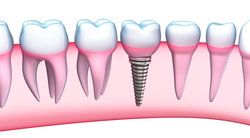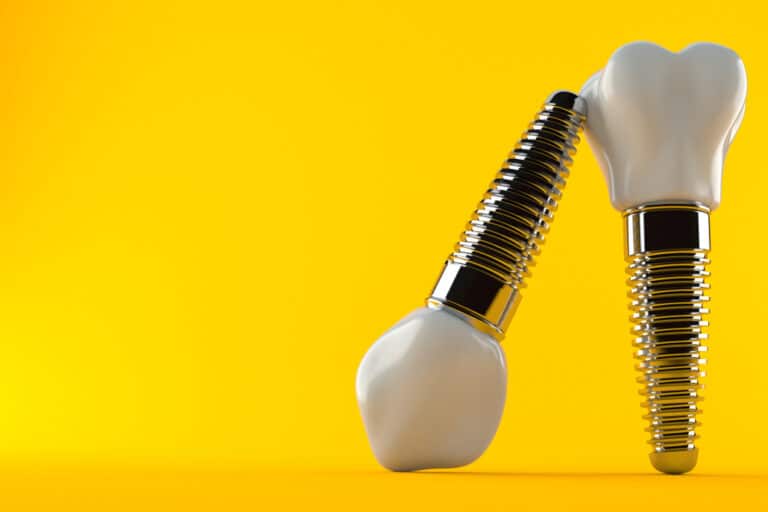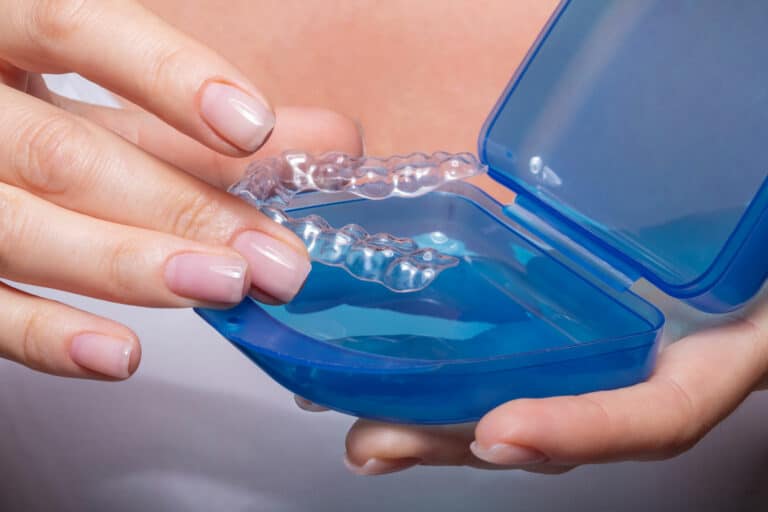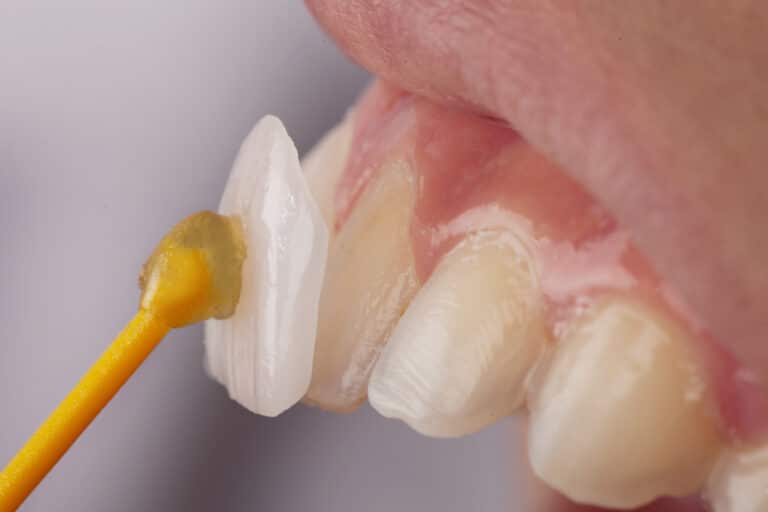If you smoke and are considering dental implants to replace missing teeth, you may need to reset your priorities because smoking increases the risk of dental implant failure by anywhere from two to ten times.
So if you want to increase your chances of a successful dental implant, you will have to stop smoking for a significant period before and after surgery. Ideally, you will stop entirely.
The problem is that placing dental implants in the jaw requires surgery. A post, often titanium, is inserted into the jaw bone where it will fuse with the bone as the jaw heals. But smoking interferes with the healing process.
If you smoke and are looking for a cosmetic dentist that is an expert at implant surgery,Drs. Clifford Degel and Carmen Every-Degel in Queens can help by explaining dental implants and smoking issues. Smoking does not eliminate you as a candidate for implants, but an individual assessment and a plan that takes your smoking habits into account is important.
The ideal candidate for implants is in good general and oral health, is free of periodontal (gum) disease, and has adequate blood flow and healing abilities. If you smoke, your circulation can be poor, which hampers your body’s ability to heal and puts the implant at risk of failure. Smoking also increases your chances of gum disease, another cause of implant failure.
Complications from Smoking
- Slow Recovery. The nicotine in tobacco reduces blood flow in the mouth and oxygen levels in the blood, diminishing the body’s ability to heal.
- Infection. Smoking increases the risk of infection and also makes it more difficult to fight the infection.
- Periodontal Disease. Smokers are more prone to gum disease and their infections are typically more severe. If a patient has gum disease, it can spread to the implant and cause it to fail. Gum disease also causes bone loss. Without sufficient bone, the implant will not hold.
- Interferes With Medications. Medication prescribed to aid healing has a limited effect on smokers. So, not only does smoking hamper healing, but it also limits the ability of medications such as antibiotics to promote healing.
- Peri-Implantitis. This is a common complication among smokers undergoing implant surgery. It occurs when the area around the implant becomes inflamed and deep mucosal pockets develop. These pockets prevent the bone from bonding with the implant and may lead to implant failure.
- Dental Implant Failure. Multiple studies have shown a link between smoking and higher rates of dental implant failure.
What Should Smokers Do?
Because smoking increases the risk of implant failure, smokers should stop smoking. If you stop smoking, you most likely will improve your periodontal health and your chances of a successful implant.
At a minimum, you should plan on kicking the habit for one to four weeks before surgery and during the recovery time, which can take more than six weeks.
Next Steps
Dental implants are considered the best option for missing teeth. However, smoking could exclude you from treatment. If you smoke and would like to know if you could be a candidate for dental implants, please call for a personal consultation.




